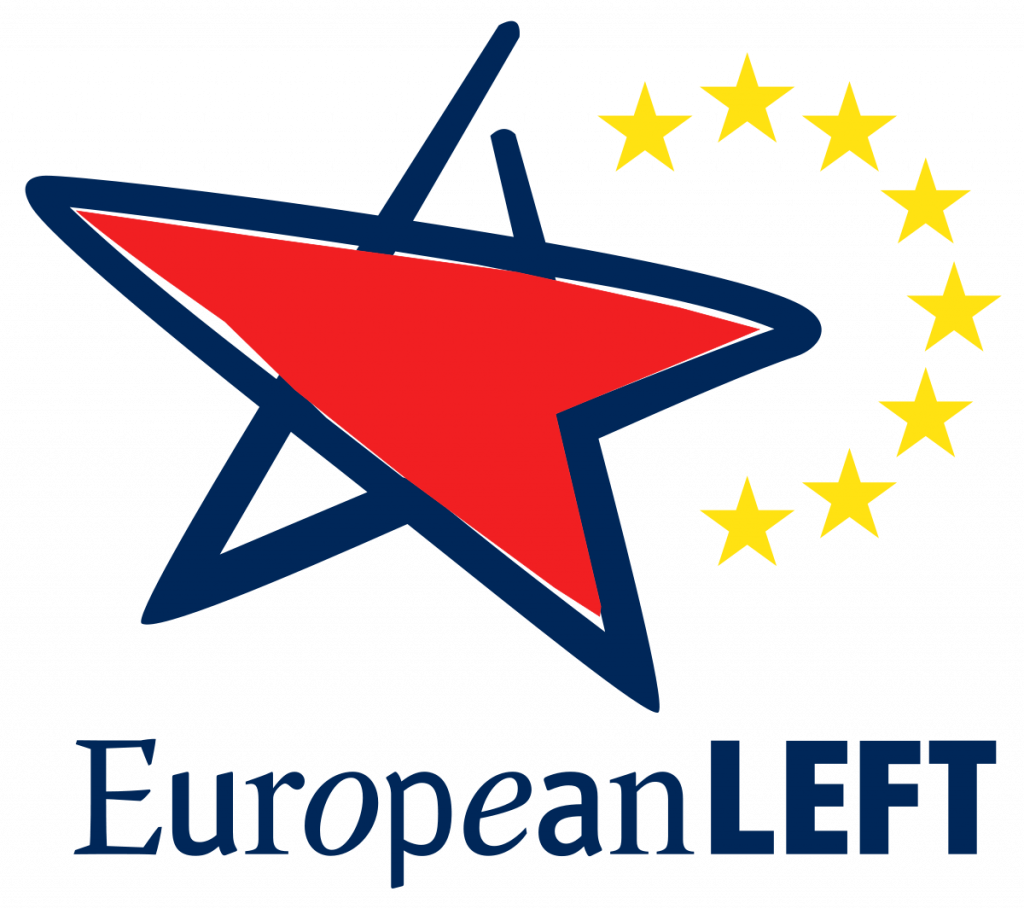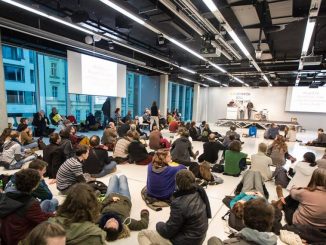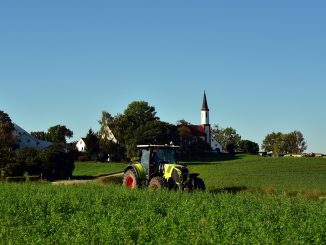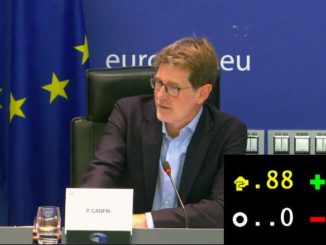
The Institute for European Environmental Policy (IEEP) is helping us work through the manifestoes of major groups in the European Parliament to size up their sustainability commitments. Next in the series is the Party of the European Left (EL). The IEEP looks at how EL’s policies have evolved since its 2014 manifesto, and examines how they stack up against the recommendations of its own Think 2030 report. It also scores EL’s commitments against the European Environment Agency’s red indicators – the failed 2020 targets of the 7th Environmental Action Programme (EAP) as flagged in the 2018 Environmental Indicator Report. So what does the European Left get right?
It’s more a case of what the European Left has left out. The big ideas are in here: climate change, sustainable agriculture and the preservation of biodiversity. But the devil is in the detail, and the IEEP takes issue with the party’s lack of targets. Its grand vision for system change needs to be fleshed out with more environmentally-oriented objectives.
Capitulating on CAP reform
The European Left sees sustainable agriculture as a remedy to the scourge of privatization that is hoovering up natural resources and public goods and suffocating the environment. For a party that wants to reverse the neo-liberal exploitation of resources, ecologically sustainable farming is a promising solution. The manifesto pledges food sovereignty for all. It slams the capitalist consumerist model that has yielded the current system of unsustainable food production, and the free trade agreements that are a threat to agriculture and the environment. The system is broken, but worryingly the European Left seems to have concluded that CAP doesn’t need fixing. Its 2014 manifesto called for CAP reform, but that commitment has been dropped in the current manifesto. This is a major red flag for the IEEP.
The party fares better on its proposal for an alternative macroeconomic model based on an end to austerity, which goes some of the way towards satisfying the Think 2030 recommendations on Prosperity. But a couple of pieces of the puzzle are missing. The concepts of sustainable consumption and a circular economy don’t seem to factor into the European Left’s macroeconomic vision. Plus it has scrapped its commitment to a carbon tax since the 2014 manifesto.
Capitalism versus natural capital
The European Left’s call to protect biodiversity is another laudable objective that fails to take off. The party highlights the need to preserve ecosystems but glosses over the details of how it plans to achieve this, falling short of the 2030 recommendations on Nature. In terms of the EAP, the manifesto is disappointing: it pledges to protect natural capital but doesn’t check off a single one of the EAP’s failed targets. With a passing nod to the issues of biodiversity protection and water pollution, it pays lip service to the red indicators on protected species, protected habitats, the abundance and distribution of selected species, and the status of surface waters – but stops short of spawning any proposals. The red indicators relating to animal product consumption and gross nutrient balance in agricultural land (nitrogen) are completely ignored. Also left out in the cold are the failed EAP targets for air pollution, noise pollution and land take.
The manifesto steers clear of existing international commitments on sustainability. Rather than following globally-endorsed roadmaps such as the Paris Agreement or the UN’s Sustainable Development Goals (SDGs), the European Left seems to want to go its own route. In terms of the Think 2030 recommendations on Peace and Security, the IEEP finds that by ignoring the SDGs, the party misses an opportunity to be more ambitious with regard to European climate diplomacy. But at least it makes the link between climate change and security.
Just transition or just talk?
The European Left gets off on the right foot with just transition but again fails to run with a good idea. The party wants to fight climate change by preventing the privatization and exploitation of natural resources. And to combat energy poverty it pledges to make public the production and distribution of energy. But the concrete proposals the party offered in 2014 haven’t made the cut this time around. The 2014 manifesto offered far more comprehensive proposals and policy recommendations, laments the IEEP. The Mutual Insurance Calamities’ Scheme and an international protection clause to protect resources are two solid solutions that seem to have been left by the wayside.
The broad commitment to “democratize the commons” with a fair distribution of resources is in line with the Think 2030 recommendations on Wellbeing, although the party does not go so far as to envision a comprehensive environmental health strategy. The manifesto pledges to ensure secure livelihoods, but again fails to map out a vision for a green transition to back up this commitment. And with no mention of environmental justice, and no plans to set up a European Panel for Sustainability, it falls short of the Think 2030 recommendations on Governance.
No goals, no go
The focus of the manifesto is unsurprisingly social rather than environmental. The European Left has some ambitious ideas on sustainability. Crucially though it ignores the SDGs, and fails to propose any alternative framework of goals. Without meaningful targets and objectives the party’s well-meaning sustainability commitments are a no go.
This is the fourth part in a series of IEEP analyses of European party manifestoes through an environmental lens. So far we’ve covered the IEEP’s verdict on the sustainability commitments of ALDE, PES and the European Greens. In the final instalment of the series we’ll be breaking down the European People’s Party (EPP) manifesto.
IEEP Manifesto Analysis Part III: What’s the Deal with the Greens?





